
Goldman Sachs has reiterated its $80 price forecast for Brent crude despite reports that Saudi Arabia and the United Arab Emirates had reached a deal on oil production that will extend the OPEC+ deal until the end of next year.
2021/07/16 09:51
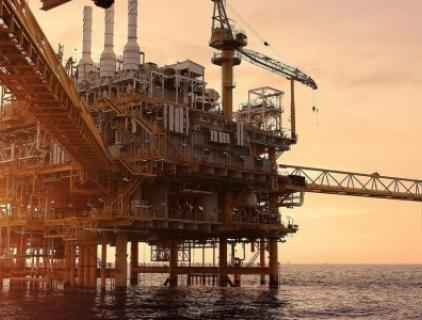
Oil prices steadied on Wednesday morning before the EIA inventory report after a reported compromise between Saudi Arabia and the UAE over baseline production levels removed a major uncertainty that was hanging over the market.
2021/07/15 19:56
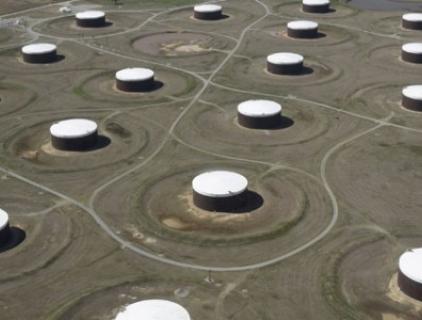
Crude oil prices inched higher today after the Energy Information Administration reported a crude oil inventory draw of 7.9 million barrels for the week to July 9.
2021/07/15 19:54
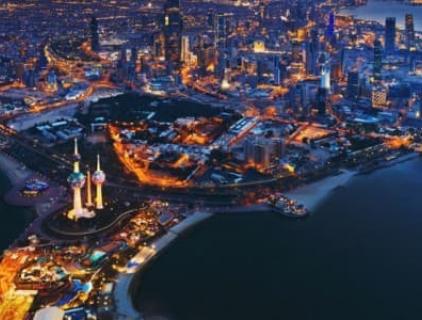
Kuwait’s life-after-oil fund may have become one of the world’s biggest sovereign wealth funds thanks to the country’s healthy oil industry, as it continues to prepare for a life after oil as it invests heavily in the sector while it still can. The Future Generations Fund, managed by the Kuwait Investment Authority or KIA, is thought to be worth around $700 billion at present, according to sources in the country, after closing at $670 billion at the end of the fiscal year in March, making it the world’s largest oil fund after those of Norway and China.
2021/07/15 19:47
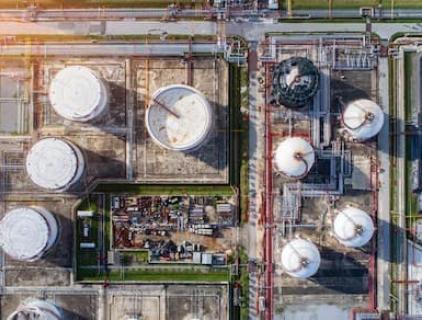
The upstream oil and gas business is recovering from one of the worst slumps in recent memory as oil prices sit at around $75 per barrel and global demand rises.However, the downstream segment's suffering is set to linger—and not only in the short term. Lower refining margins and structural overcapacity are the near-term challenges ahead for the oil refining industry.
2021/07/14 17:02

Now, commodities are back with a vengeance, and nowhere is this vengeance clearer than in oil. Crude has become the hottest commodity for traders in the past few weeks as surging demand has topped all expectations, sparking a run on oil futures.
2021/07/14 16:44
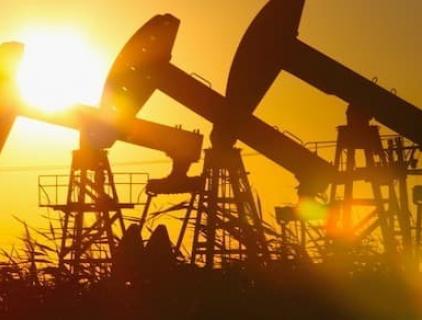
Every year and following the publication of the BP Statistical Review, Rystad Energy releases its own assessment to provide an independent, solid and clear comparison of how the world’s energy landscape changed last year. Our 2021 review deals a major blow for the size of the world’s remaining recoverable oil resources – but it also shows that oil production and consumption can align with climate goals.
2021/07/14 16:24
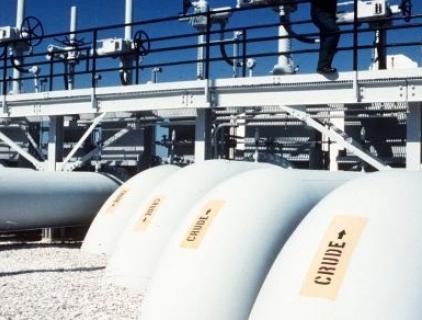
Oil prices have continued to rally this year as economies recover from impaired pandemic levels, however, calendar spreads have been unable to realize their bullish intent. In fact, calendar spread structures have continued to disappoint into expiration.
2021/07/14 16:04
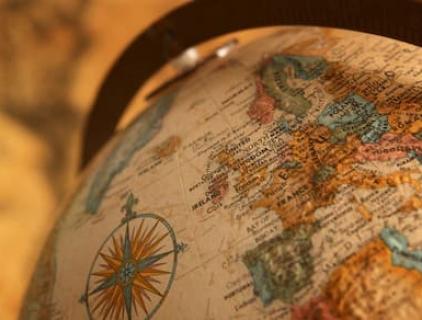
Since oil prices exceeded $70 per barrel earlier this year, analysts, economists, and central banks have been fretting about whether higher crude prices could disrupt the momentum in global economic recovery from the pandemic.
2021/07/14 15:59
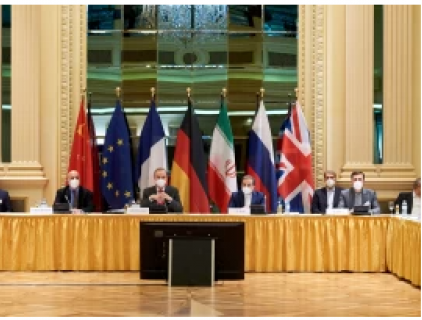
About 90 percent of the work on the Iran nuclear deal has been done, but the 10 percent that remains might prove a tough nut to crack. That’s according to the permanent representative of Russia at Vienna international organizations.
2021/07/13 00:24
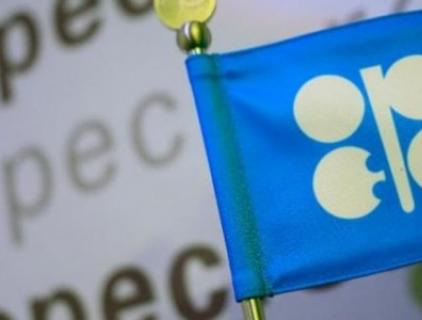
The odds of an OPEC+ meeting this week look increasingly unlikely as the group has failed to make progress in resolving the differences between key OPEC members Saudi Arabia and the United Arab Emirates (UAE), which resulted in a failure to decide future production levels last week, sources at OPEC+ told Reuters on Monday.
2021/07/13 00:19

How COVID-19 Triggered The Mother Of All Oil Crises
2021/07/12 09:56

Goldman Sachs has reiterated its $80 price forecast for Brent crude despite reports that Saudi Arabia and the United Arab Emirates had reached a deal on oil production that will extend the OPEC+ deal until the end of next year.

Oil prices steadied on Wednesday morning before the EIA inventory report after a reported compromise between Saudi Arabia and the UAE over baseline production levels removed a major uncertainty that was hanging over the market.

Crude oil prices inched higher today after the Energy Information Administration reported a crude oil inventory draw of 7.9 million barrels for the week to July 9.

Kuwait’s life-after-oil fund may have become one of the world’s biggest sovereign wealth funds thanks to the country’s healthy oil industry, as it continues to prepare for a life after oil as it invests heavily in the sector while it still can. The Future Generations Fund, managed by the Kuwait Investment Authority or KIA, is thought to be worth around $700 billion at present, according to sources in the country, after closing at $670 billion at the end of the fiscal year in March, making it the world’s largest oil fund after those of Norway and China.

The upstream oil and gas business is recovering from one of the worst slumps in recent memory as oil prices sit at around $75 per barrel and global demand rises.However, the downstream segment's suffering is set to linger—and not only in the short term. Lower refining margins and structural overcapacity are the near-term challenges ahead for the oil refining industry.

Now, commodities are back with a vengeance, and nowhere is this vengeance clearer than in oil. Crude has become the hottest commodity for traders in the past few weeks as surging demand has topped all expectations, sparking a run on oil futures.

Every year and following the publication of the BP Statistical Review, Rystad Energy releases its own assessment to provide an independent, solid and clear comparison of how the world’s energy landscape changed last year. Our 2021 review deals a major blow for the size of the world’s remaining recoverable oil resources – but it also shows that oil production and consumption can align with climate goals.

Oil prices have continued to rally this year as economies recover from impaired pandemic levels, however, calendar spreads have been unable to realize their bullish intent. In fact, calendar spread structures have continued to disappoint into expiration.

Since oil prices exceeded $70 per barrel earlier this year, analysts, economists, and central banks have been fretting about whether higher crude prices could disrupt the momentum in global economic recovery from the pandemic.

About 90 percent of the work on the Iran nuclear deal has been done, but the 10 percent that remains might prove a tough nut to crack. That’s according to the permanent representative of Russia at Vienna international organizations.

The odds of an OPEC+ meeting this week look increasingly unlikely as the group has failed to make progress in resolving the differences between key OPEC members Saudi Arabia and the United Arab Emirates (UAE), which resulted in a failure to decide future production levels last week, sources at OPEC+ told Reuters on Monday.

How COVID-19 Triggered The Mother Of All Oil Crises




